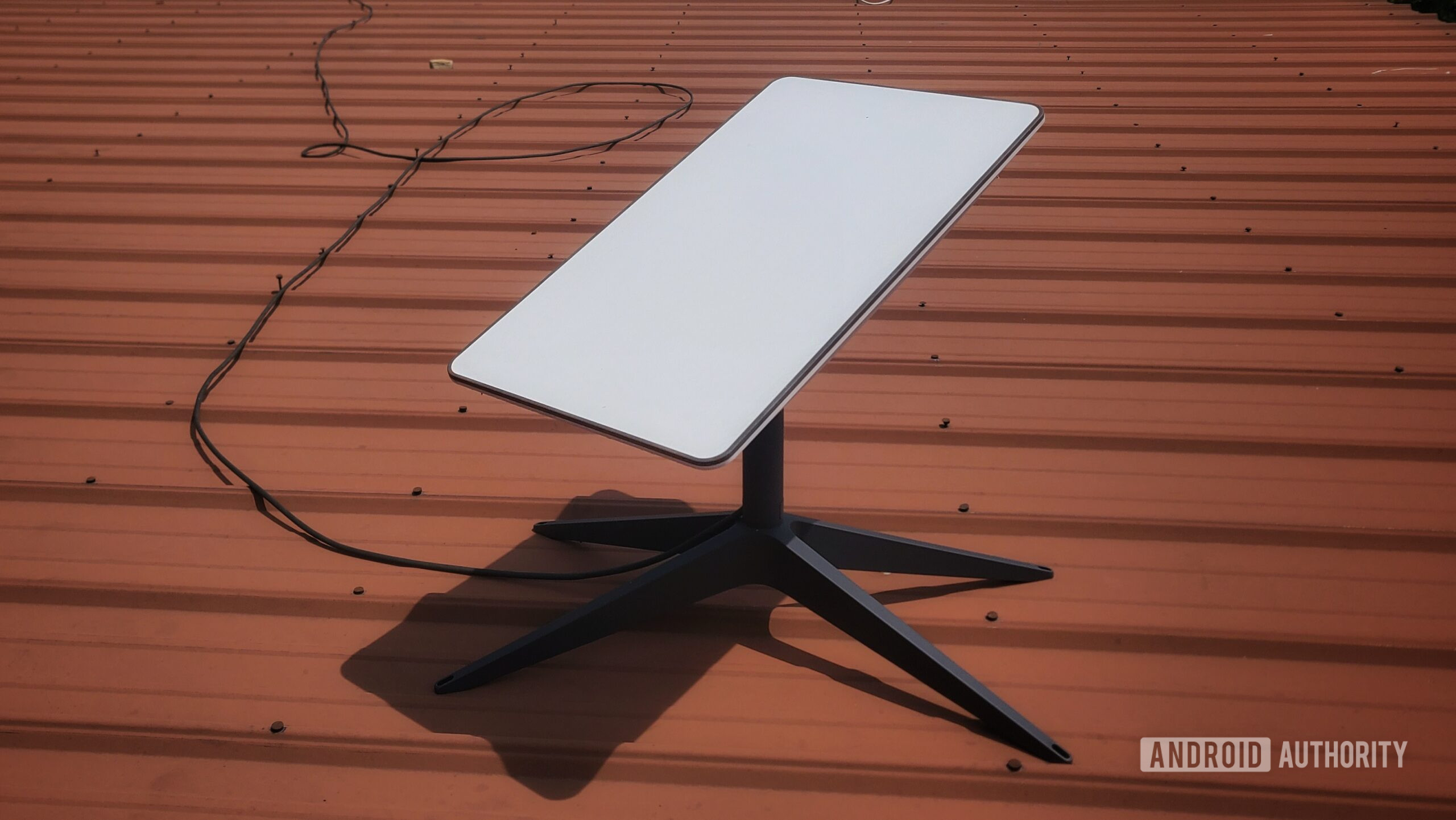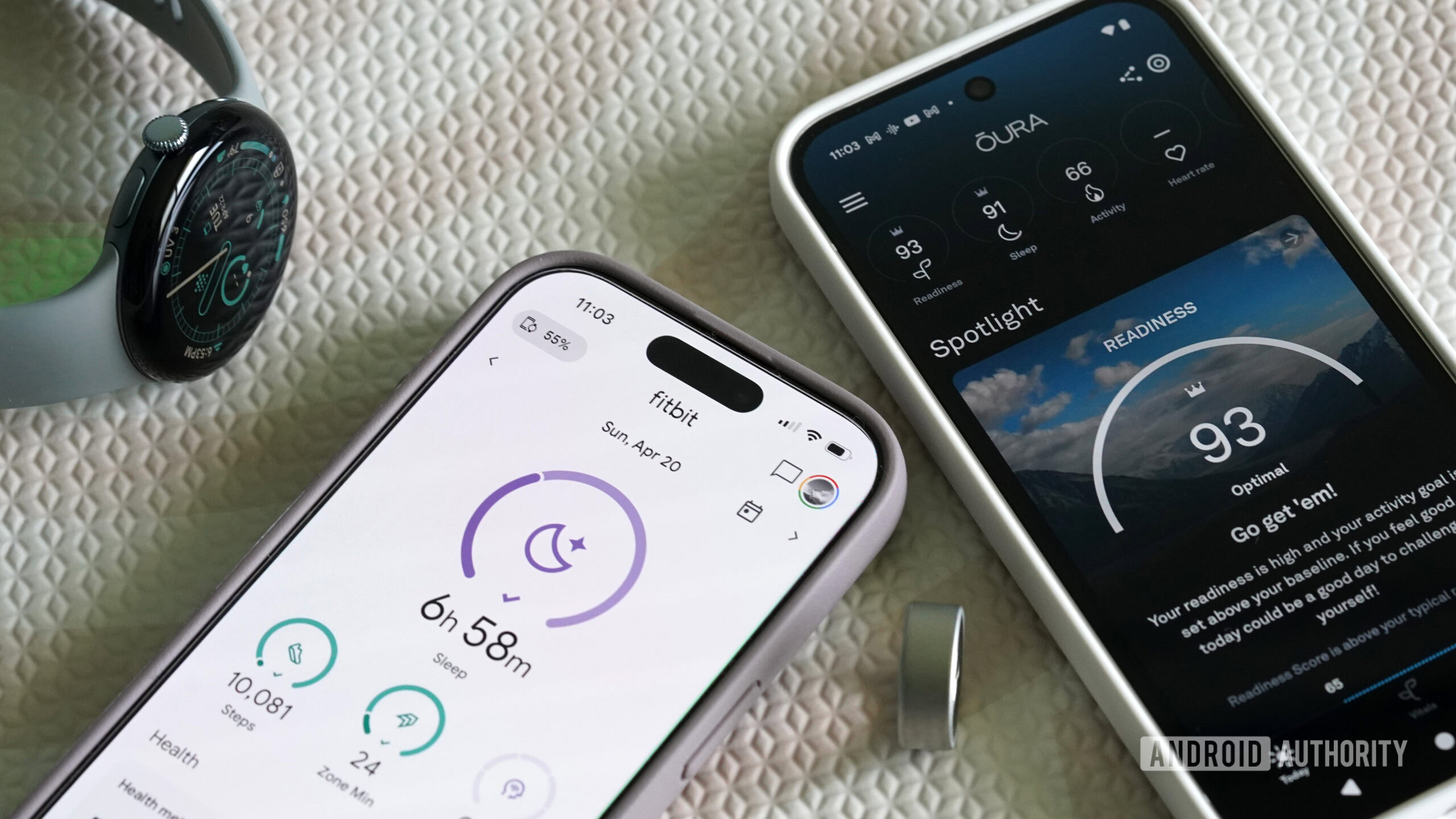Specialized Tips for Senior Dental Health Care
This article offered specialized tips for senior dental care, emphasizing regular checkups with a dentist. It highlighted the importance of good oral hygiene routines like brushing, flossing, and using mouthwash. Dietary choices like limiting sugar and incorporating calcium were also addressed. Dry mouth solutions and considering dentures or implants rounded out the advice for maintaining healthy teeth and gums throughout your senior years.
Introduction
As we age, our bodies change, and our dental needs are no exception. Seniors face unique challenges when it comes to oral health, but with some specialized care and attention, they can keep their teeth and gums strong and healthy for years to come. This article explores key tips for senior dental health care, helping you ensure a healthy smile throughout your golden years.
Regular Dental Checkups and Screenings
Perhaps the most crucial aspect of senior dental health care is maintaining regular dental checkups with a qualified dentist. Unlike younger adults, who might only need to see the dentist once a year, seniors may benefit from biannual visits, or even more frequent appointments depending on their individual needs. A Massapequa dentist can perform a thorough examination, checking for:
- Gum Disease: Gum disease, also known as periodontal disease, is a leading cause of tooth loss in seniors. It's characterized by inflammation of the gums and supporting bone. Early detection and treatment can prevent gum disease from progressing and impacting overall health.
- Tooth Decay: While less common in seniors who have maintained good oral hygiene throughout their lives, tooth decay can still occur. Regular checkups allow for early detection and treatment of cavities, preventing further damage and potential pain.
- Oral Cancer: Oral cancer is a serious concern for seniors. A dentist can perform an oral cancer screening during your checkup, looking for any suspicious changes in the mouth and throat. Early detection is crucial for successful treatment of oral cancer.
Optimizing Your Oral Hygiene Routine
Good oral hygiene is essential for everyone, but it becomes even more important with age. Here are some tips to optimize your oral hygiene routine:
- Brushing: Brush your teeth at least twice a day for two minutes each time, using a soft-bristled toothbrush and fluoride toothpaste. Consider an electric toothbrush if dexterity is a concern. These can make brushing easier and more effective. Focus on cleaning all surfaces of your teeth, including the gum line and tongue.
- Flossing: Flossing daily is vital for removing plaque and food particles from between teeth, where a toothbrush can't reach. If traditional flossing is difficult, consider using interdental brushes or a water flosser. These alternative methods can be just as effective in cleaning between teeth.
- Mouthwash: An antiseptic mouthwash can be a helpful addition to your routine, but it shouldn't replace brushing and flossing. Look for an alcohol-free mouthwash to avoid potential irritation.
Dietary Considerations for Senior Oral Health
A healthy diet plays a significant role in senior dental health. Here are some dietary tips to promote good oral health:
- Limit Sugary Foods and Drinks: Sugar creates an environment where bacteria thrive, leading to increased plaque and tooth decay. Reduce sugary beverages like soda and juices, and limit sugary snacks like candy and pastries.
- Focus on Calcium-Rich Foods: Calcium is essential for strong teeth and bones. Incorporate dairy products like milk, cheese, and yogurt into your diet. Leafy greens and nuts are also good sources of calcium.
- Maintain Hydration: Drinking plenty of water helps keep your mouth moist and washes away food particles and bacteria. Seniors may be more prone to dehydration, so be mindful of your water intake throughout the day.
Addressing Dry Mouth in Seniors
Dry mouth, a common side effect of some medications and a natural consequence of aging, can contribute to oral health problems. Here are some tips to manage dry mouth:
- Drink Plenty of Water: Staying hydrated helps combat dryness in the mouth.
- Use a Humidifier at Night: Adding moisture to the air can help alleviate dry mouth while you sleep.
- Sugar-Free Lozenges or Gum: Sucking on sugar-free lozenges or chewing sugar-free gum can help stimulate saliva production.
- Talk to Your Dentist: Your dentist may recommend additional strategies to manage dry mouth, such as medications or gels.
Considering Dentures or Implants for Seniors
If you've experienced tooth loss, dentures or implants can be excellent options for restoring your smile and improving your ability to eat. A Massapequa dentist can discuss your individual needs and recommend the most suitable solution for you. Dentures are removable prosthetics that replace missing teeth, while implants are surgically placed artificial roots that support crowns or bridges. Both options require regular care and maintenance to ensure their longevity.
Conclusion
By following these specialized tips and working closely with a qualified dentist in Massapequa, seniors can maintain healthy teeth and gums for a lifetime of confident smiles. Remember, good oral health is essential for overall well-being. Prioritize your dental care, maintain a healthy lifestyle, and enjoy the benefits of a healthy mouth throughout your golden years.
What's Your Reaction?
 Like
0
Like
0
 Dislike
0
Dislike
0
 Love
0
Love
0
 Funny
0
Funny
0
 Angry
0
Angry
0
 Sad
0
Sad
0
 Wow
0
Wow
0










































